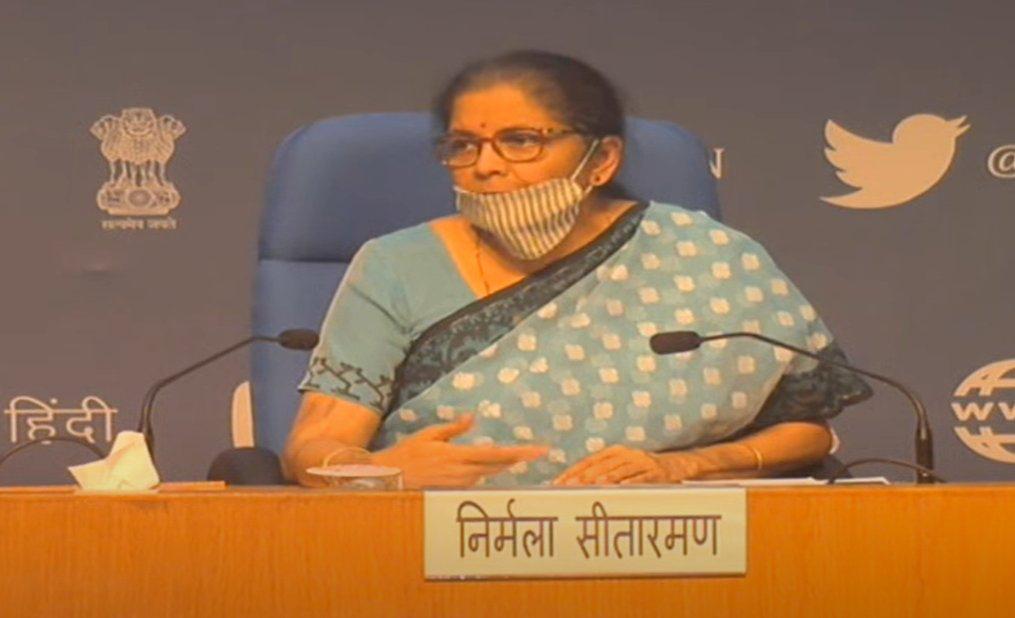By Anuj Puri, Chairman – ANAROCK Group
India Inc. has already started pinning hopes on various economic reforms in the upcoming Union Budget 2023-24. Unavoidably, there is quite a bit of overlap with previous years in the form of recurring demands which have, so far, not been or insufficiently met.
- The demands for single-window clearance and industry status for real estate are among the recurrent ones, and have yet to be addressed. The sector hopes that the forthcoming budget will finally address it.
- The government must offer more incentives to boost affordable housing. To a noticeable extent, the pandemic derailed the affordable housing growth story since early 2020 – one segment which the current government has rightly stressed on since taking charge in 2014. The affordable housing supply by private players has reduced significantly since Covid-19, largely because its buyer class was impacted economically and hence went into wait and watch mode. Now, there is a need to make this segment attractive again, not least of all because it resonates well with the government’s housing for all initiative.
- There is an express need for more tax sops for homebuyers as well as investors. The INR 2 lakh tax rebate on housing loan interest under Section 24 of the Income Tax Act needs to be hiked to at least INR 5 lakh. This will add momentum to housing demand, particularly in the affordable segment
- The Budget should offer a degree of personal tax relief, either by ways of lower tax rates or by readjusting tax slabs. Doing so would also help boost housing absorption. The last increase in the deduction limit under Section 80C (to INR 1.5 lakh a year) was in 2014. Another favourable revision is long overdue, though it is admittedly unlikely. Instead, we may see the Budget further incentivising MSMEs and SMEs that are still struggling post the pandemic.
- Government spending on infrastructure has been exemplary, and may get a further boost in the forthcoming budget. The positive correlations of infrastructure development with all real estate asset classes is well established.
- Perhaps most importantly, the government should seriously consider revising the price bandwidths for homes to qualify as affordable housing to align with the market dynamics of different cities. The size of units as per the current definition (60 sq. m. carpet area) is fairly appropriate, but the catch-all pricing band of up to INR 45 lakh for affordable housing is definitely not appropriate across most cities.
For instance, a price band of INR 45 lakh or below is far too low in a city like Mumbai, where it should be increased to INR 85 lakh or more. In other major cities, the qualifying price band should be increased to INR 60-65 lakh. Such a move would have more homes qualifying as affordable housing, and many more homebuyers would be able to avail the current benefits like reduced GST at 1% without ITC, and other government subsidies.
Also Read: This Maha Budget announcement set to benefit Real Estate









